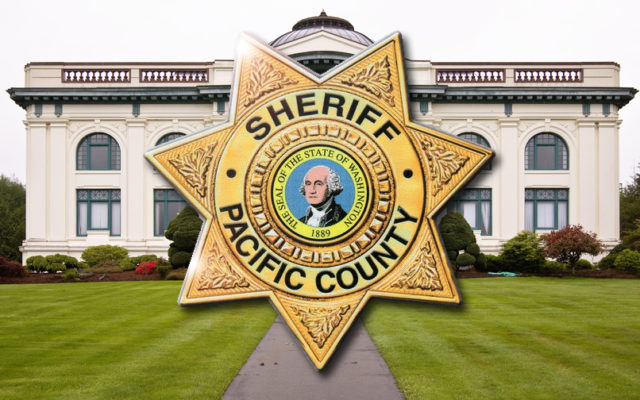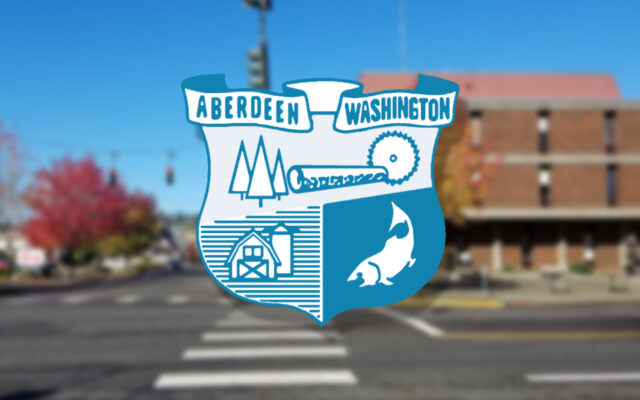Gov. Inslee expands state of emergency

Gov. Jay Inslee today issued an updated state of emergency proclamation that expands certain exemptions necessary for ensuring timely delivery of certain goods and products. The original proclamation granted exemptions to commercial vehicle drivers collecting or delivering bulk milk products and de-icing salt. Inslee has expanded those exemptions to commercial drivers collecting and delivering essential food and emergency supplies to grocery stores and those delivering bulk propane fuel supplies.
Original press release from yesterday:
Gov. Jay Inslee today declared a statewide state of emergency in preparation for a winter storm expected to move through the Pacific Northwest later today and throughout the weekend.
“Everyone in our state needs to focus on preparing for the snow and staying safe,” Inslee said. “Weather forecasters predict this may be a storm unlike one we’ve seen in many years. I encourage everyone to stay off the roads if possible and plan ahead if you must travel.”
The proclamation directs state agencies and departments to utilize state resources and assist affected political subdivisions in an effort to respond to and recover from the winter storm. The Washington Military Department’s Emergency Management Division has activated the State Emergency Operations Center and is instructed to coordinate all event-related assistance.
The Federal Motor Carrier Safety Administration (FMCSA) limits the number of hours commercial vehicle drivers can be on the road. This proclamation exempts drivers that collect or deliver either bulk milk products from dairy farms to dairy processing facilities and between processing facilities, or de-icing road salt to Washington municipalities from FMCSA limitations.
During and following the storm, Inslee is asking everyone to follow common-sense tips:
- Stay off roads if at all possible. If trapped in your car, then stay inside.
- Limit your time outside. If you need to go outside, then wear layers of warm clothing. Watch for signs of frostbite and hypothermia.
- Avoid carbon monoxide poisoning. Only use generators and grills outdoors and away from windows. Never heat your home with a gas stovetop or oven.
- Reduce the risk of a heart attack. Avoid overexertion when shoveling snow.
- Watch for signs of frostbite and hypothermia and begin treatment right away.
- Check on neighbors. Older adults and young children are more at risk in extreme cold.
You Might Also Like



